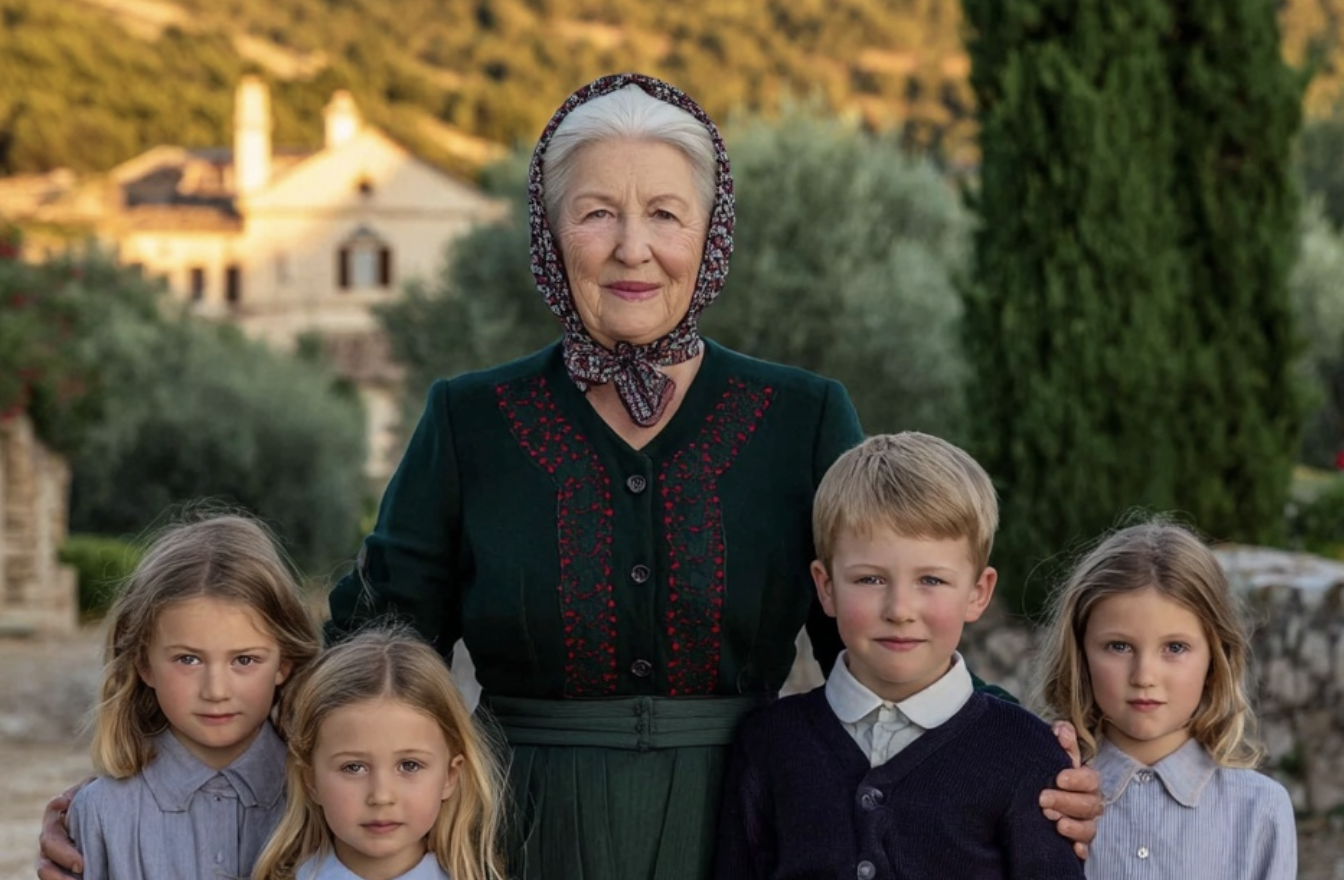No one needs your cakes,’ her husband shouted as he threw her out of the house. A year later, after seeing the line outside her pastry shop, he came to ask her for a loan.
“Get lost,” he hissed, shoving her out the door. The final push between her shoulder blades was his irritation over losing the argument about where to go on vacation. An argument in which she’d dared to have her own opinion. “And take your stupid toys with you.” The box of pastry tools—her treasure—flew after her … Read more









